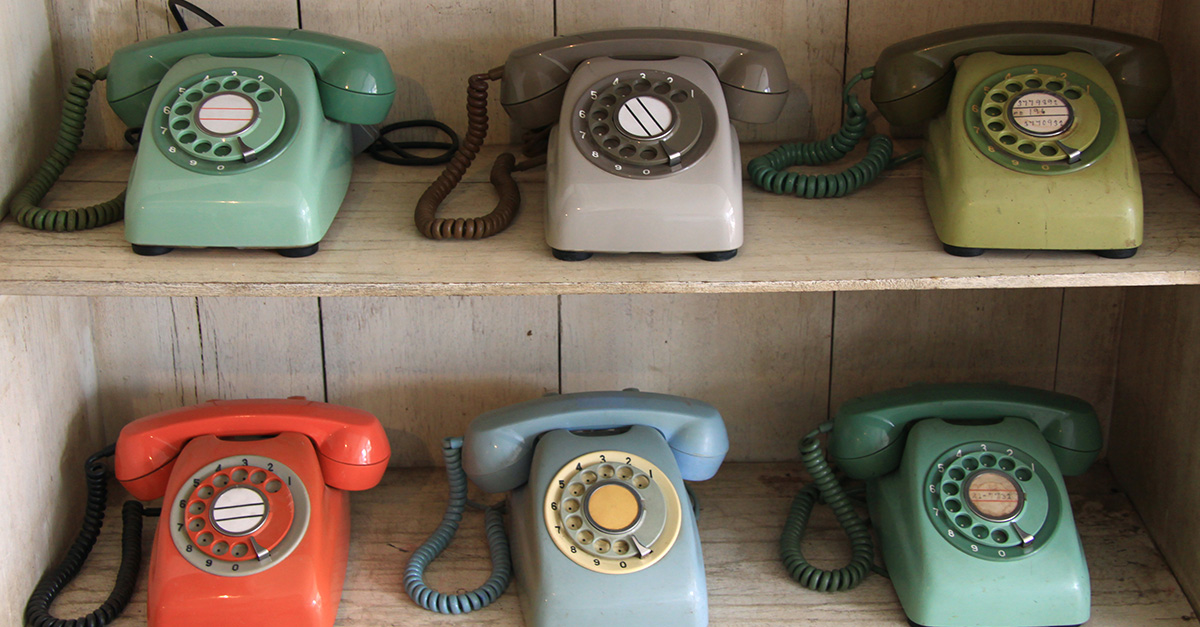Don't give advice that wasn't asked for
It can come off as rude to give someone advice when they didn't ask for it. The unsolicited suggestions you offer can not only be intrusive but also highly indicative of your subjective opinion towards a colleague's work. We already live in a society that constantly tries to tell people how to live their lives, and most people would rather not have to deal with that in their place of work as well.
The rule of thumb is incredibly simple: if they don't ask for your advice, don't give it. Even if a colleague is really veering off-course and you feel like you should step in and help out, you should still refrain from doing so unless you ask for permission first. A simple "Do you need help?" can ensure you avoid overstepping your boundaries.
Care about your appearance
Whether your company enforces a dress code or not, make sure you're presentable for work. Your appearance contributes greatly to your professional image, which in turn plays an important role in leaving good impressions. While one's clothing and grooming choices do not entirely reflect one's character, position, or abilities, they do give others some idea of who you are as a worker.
For example, if you showed up to work completely disheveled with messy hair and dirty clothes, it could send the wrong message. It doesn't matter if you're the nicest person in the office or the most hardworking; if you don't show up looking the part, people may start to question exactly how much you care about your work.
Keep the personal stuff separate
The place where you work is, first and foremost, a place of business. You don't want to be the guy who excessively abuses work time making personal phone calls or running non-work-related errands. In terms of socializing with colleagues, it's totally fine, perhaps even encouraged, since having strong workplace relationships can make you enjoy your job more and give you a boost in motivation. However, it's important not to overdo it.
Not that it's bad to make friends at work—after all, you'll likely be seeing them every single day, so it would greatly benefit you to establish a rapport with them. There just has to be some reasonable boundaries. Ideally, you still want to keep your interactions with your colleagues as professional as possible, so maybe keep the intimate details of your weekend to a minimum.
Just be respectful
It's really not hard to be polite. Greet people when you come into work in the mornings. Hold the door for others. Say please and thank you. Don't interrupt someone while they're speaking. Apologize when necessary. Avoid excessive complaining, especially about mundane things. Refrain from making judgmental remarks about other people. Refuse to engage in harmful gossip.
I could go on and on, but you get the point. Being respectful isn't just crucial for the workplace; it's something that you should maintain in any environment, professional or not. Just remember the Golden Rule: treat others as you wish to be treated.








